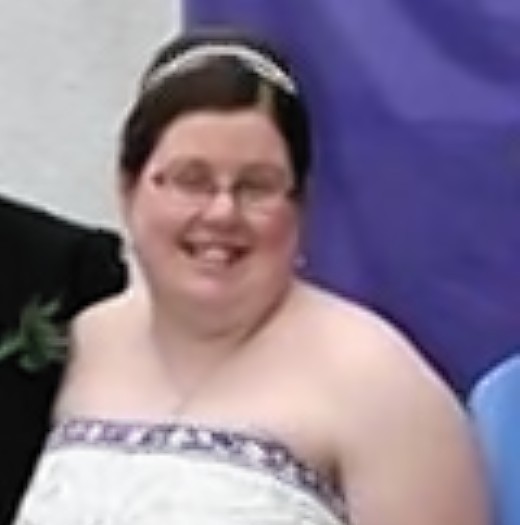A teacher appointed one of Scotland’s first “state guardians” faces a lifetime ban from working with children.
Dayna Dickson-Boath was today struck off the teaching register for sharing sick fantasies about abusing youngsters.
Scotland’s teaching watchdog also recommended that Dickson-Boath be placed on a list of persons unfit to work with children in any capacity.
Only 14 months ago the guidance teacher was appointed Named Person for 200 secondary pupils under the Scottish Government’s controversial scheme to provide every child under 18 with a “state guardian”.
Dickson-Boath, who taught most recently in Elgin, Moray, consented today to be struck off by the General Teaching Council for Scotland (GTCS).
She accepted a charge that, between 8 August 2014 and 10 September 2014, she “did send, by means of a public electronic communications network, messages to another person that were grossly offensive or of an indecent, obscene or menacing character, in that you did converse regarding the sexual abuse of children.”
The notice added that she was convicted of the offence on 26 August 2016 at Elgin Sheriff Court.
Hugh Paton, convenor of the panel, said: “The panel agrees that the Registrant should be removed from the register in view of the facts admitted.
“The panel has also decided that it is appropriate that the Registrant’s name is referred to Scottish Ministers for consideration in connection with inclusion on the list of those barred from working with children and vulnerable young adults.”
If the Scottish Government agrees to their recommendation, it means that Dickson-Boath will be prohibited from working with children for the rest of her life.
The offences were committed while she was an additional support teacher at Forres Academy, Moray.
Despite her criminal behaviour, she was promoted to acting Principal Guidance Teacher at Elgin High School.
Then in November 2014 she was appointed a Named Person, a position which gave her access to pupils’ private data and required her to judge how well they were being raised at home.
Alison Preuss, spokeswoman for the Scottish Home Education forum, said: “We’ve always been concerned about the fact the Named Person scheme could be used by persons with malicious intent.
“Those who have power over youngsters, and over parents. It means children are more vulnerable to predators like this.”
Speaking about the scheme in general, she said: “The real concern is where children have a named person standing between them and their parent. We are having grave concerns as home educators that parents are having their decisions overwhelmed and over-ruled by named persons.
“We’re not talking child protection concerns. We’re talking wellbeing concerns. Which can mean anything at all. our concerns are mounting by the day.”
Dr Stuart Waiton, senior lecturer in sociology at Abertay University, said: “I’m a complete opponent of the Named Person act. I think it is a policy that is based on suspicion of parents or that parents are inadequate.
“However I don’t think one-off examples like this prove something one way or another. I don’t think most professionals are a danger to our children.
“What does pose a danger is treating parents with suspicion and contempt. The presumption that families need support all of the time – that’s the essence of the named person legislation.”
Following Dickson-Boath’s conviction last year, following which was placed on the Sex Offenders’ Register for three years, critics claimed that there were fundamental faults in the Named Person project.
Despite the mounting concern, the Named Person scheme is set to be rolled out nationally later this year, and aims to appoint a state official for every child in Scotland. Moray Council was one of a string of local authorities operating an early version of the scheme when Dickson-Boath’s offences came to light.
